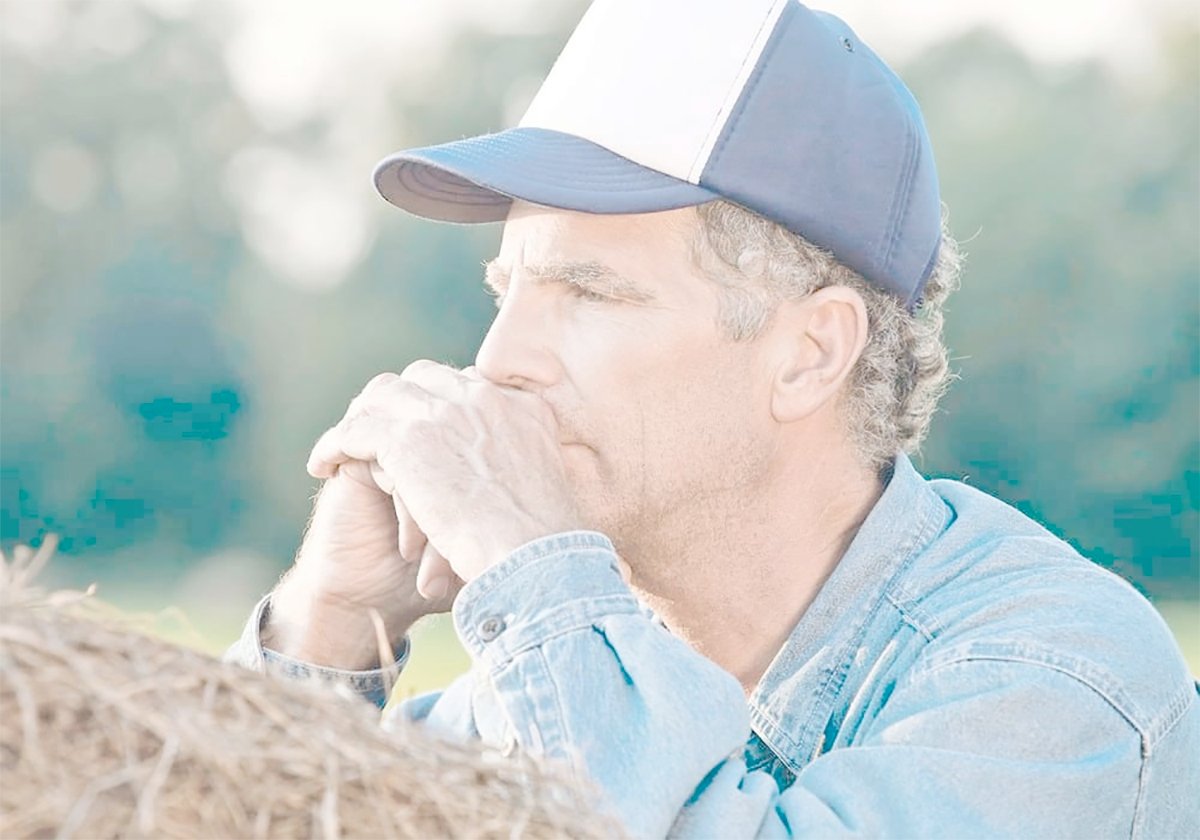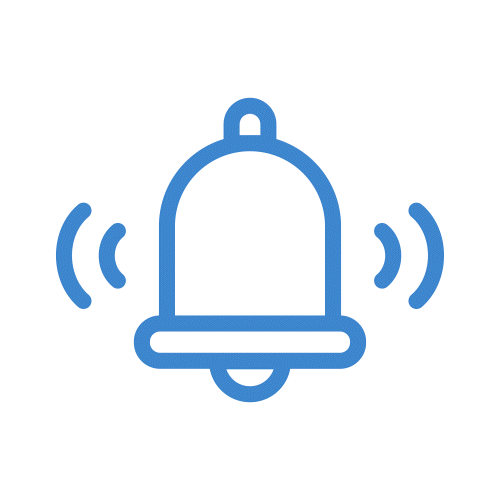How to win over your worry

Glacier FarmMedia – Kathy Somers, who runs the Stress Management and High Performance Clinic at the University of Guelph, offers several tips for managing stress and reducing worry for better health and business performance. Somers grew up on a farm in southwestern Ontario and coaches farmers to learn how to better manage stress. She understands the uncertainty farmers regularly face, such as extreme weather, disease, market volatility and more. This year is shaping up to be particularly stressful.
Related story: What to do when worry takes over
Somers acknowledges that it’s natural to worry. It’s a survival mechanism. Worrying can help us come up with solutions that prevent or minimize problems or help us find ways to cope.
Read Also


What to do when worry takes over
Glacier FarmMedia – “I don’t tell my story because it’s unique. I tell it because it isn’t,” says Manitoba hog…
Unfortunately, when we are overly focused on the problem, it can lead to catastrophizing, to feeling anxious, to making bad decisions, and experiencing poor sleep and physical health.
While focused worry can be constructive when we use it as a prompt to come up with a plan, Somers points out that our brains have a negativity bias which can lead us to overestimate how bad a situation will be and underestimate our ability to cope. “We can become overly focused on the problem,” she says, noting that worrying can become a habit. “Anxiety and worry go hand in hand.”
Somers offers the following strategies that can help train our brains to break the worry cycle:
- Worry WRITE. (This technique, created by Somers, is a play on words. She says, “If we are built with a worrying brain, let’s worry right, i.e., write it down along with the plan of action.”) On the left-hand side of a page, write down what’s worrying you. On the right side of the page, write out your plan for how you can prevent that worry from happening. If you can’t prevent it, write how you could cope through it, including how you would deal with tension, embarrassment, negative thoughts, etc. Put the paper away when finished to signal to your brain that there is a time and a place for worry.
- If the worry is not something you can control, let it go and focus your time and energy on what you can control.
- Create worry-free zones to train your brain to have breaks from worrying. Designate 10 to 20-minute periods throughout the day as worry-free periods. Focus instead on pleasant dinner conversation topics, playing with the dog, enjoying a walk in the fields, reading a book or other activities, reminding yourself that worrying is banished from these time blocks.
- If it feels like dwelling on a worry is helpful or protective, try the 2-Minute Rule. Follow worry thoughts for two minutes, then ask yourself if you have gained better action plans or are feeling more calm. If the answers are “no”, then spending even more time on worrying about that particular problem will not be helpful. Let it go and move on to other things.
- Get feedback from a trusted friend. Never worry alone.
- Avoid co-ruminating. If you get together with others and you are just rehashing the problem over and over again without making progress, consider limiting the time spent discussing the problem to 15 minutes and then focus on action plans or more neutral or uplifting topics.
- Limit doomscrolling. When faced with uncertainty, we may find ourselves spending a lot of time online seeking information. Set a time limit and if the time spent online isn’t productive, take a break.
- Remind yourself that you have managed tough situations before. Tell yourself “I WILL handle it” or “I may not be able to control the situation, but I can control my response to the situation.”
- Move on. Let the worry go. Practice meditation or relaxation exercises, participate in engaging activities, exercise, etc. — meaningful activities that connect you with something larger than yourself.
Resources:
- Stress Management and High-Performance Clinic
- The National Farmer Crisis Line offers free, immediate and ag-informed crisis support for farmers, farm families and agricultural workers across Canada. Call 1-866-FARMS01 any time, 24/7, 365 days a year.
Source: producer.com


